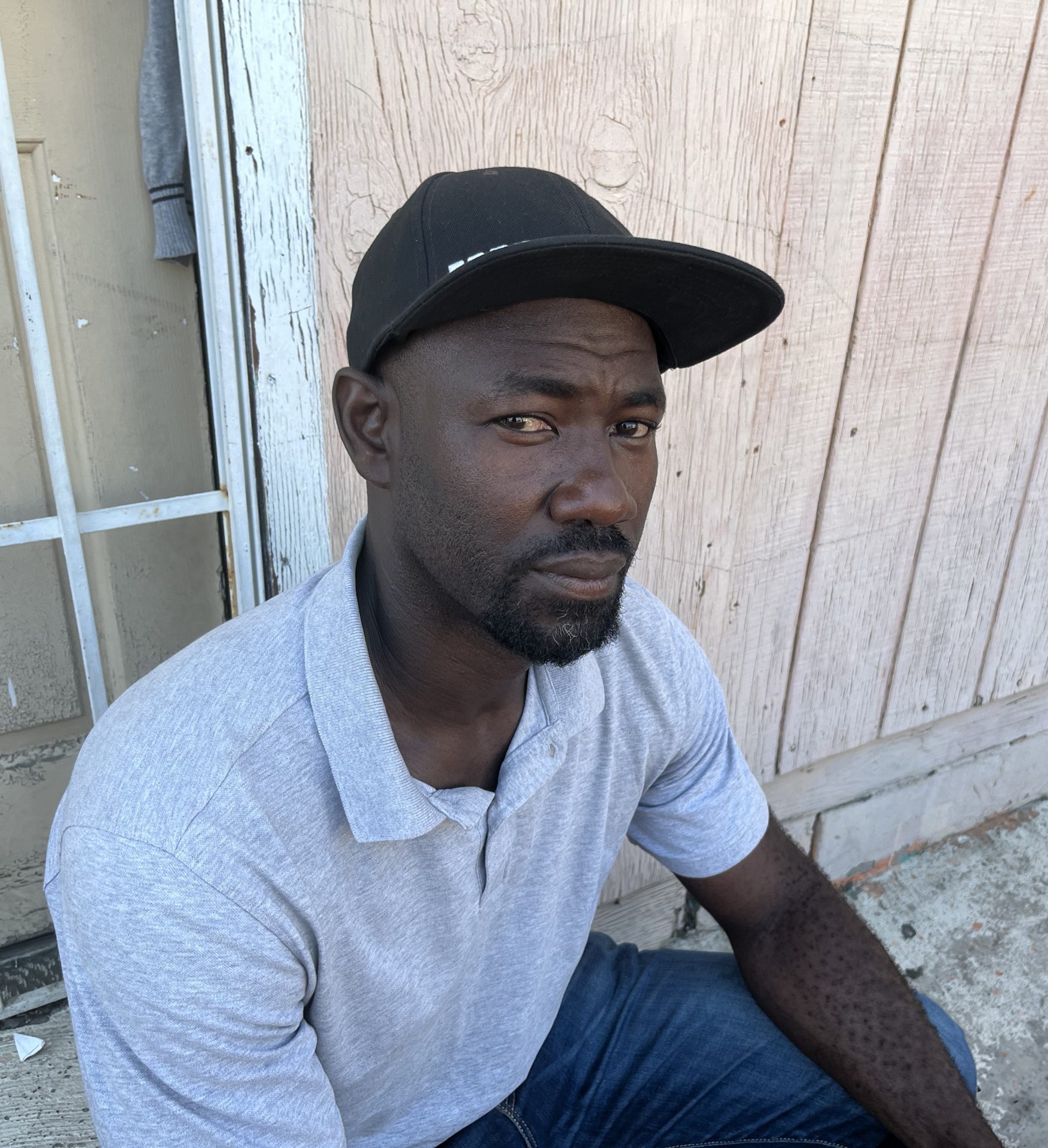We are privileged to read the testimony of a man originally from Haiti, who, for economic reasons attempted to emigrate from Brazil with his wife and 6-month-old son. (Part 1)
I left Brazil for the US in 2016. My family and I set off with great joy, I went with my wife and my six-month old son because the real to dollar exchange left us with little. We left to help those we left behind – family, brothers, sisters, parents, even our friends – everybody.
We left Brazil, then Peru, Ecuador, Colombia. To get to Panama, we had to cross the jungle.
That was not easy. We always turn to the spiritual, because of our religion. We may have to pay for a guide or for food, but to survive the jungle, the spiritual aspect is the most important.
At the border of Nicaragua we had trouble. We were raped and robbed. The police beat us. We were lucky to get out. We arrived in Honduras, from there Guatemala, then Mexico, where it was difficult. They had us line up. We Haitians stopped being united, we started to argue – everybody wanted to be first.
“It isn’t the end of the world, make a go of it in the U.S. Someday we’ll get back to our plan.”

When we got to the border, a friend of my wife’s told us people were crossing, but they were only admitting women and children. My wife started crying, because she knew what life was like in the U.S. for a mother caring for a small child by herself. While we were still in detention, I told her, “It isn’t the end of the world, make a go of it in the U.S. Someday we’ll get back to our plan. I’ll find someone to help me.” The friend told me I could apply for asylum. I told him I’m not political – I’m not seeking that. Then Donald Trump came to Mexico, and they decreed that we’d all be deported to Haiti. That’s how I got deported back to Haiti. For me, all of this is a wound. The separation from my wife and son splits my heart in two. There are many problems, difficult ones. But I’ll come out ok because I’m determined. It’s all devastating.
Throughout this family’s harrowing journey, “a nightmare that will never end,” is woven hope. Pope Francis has called on us to keep the hope of our migrant brothers and sisters alive – even when they are separated from their loved ones and deported. How will we respond not only to encourage hope, but also to act so that their dreams may one day become a reality? What is our part in building a path from devastation to a realistic expectation of a future in a welcoming host society?
Hear the narration of this migrant story (#349 Part I) and many more through the Franciscan Network for Migrants’ partner, Humanizando La Deportación, a community-based digital storytelling project that documents the human consequences of contemporary regimes of migration and border control in the United States and Mexico. Humanizando La Deportación has been collecting and producing these stories since early 2017, with funding from various grants, and institutional sponsorships from both the University of California, Davis and five Mexican partner institutions.

